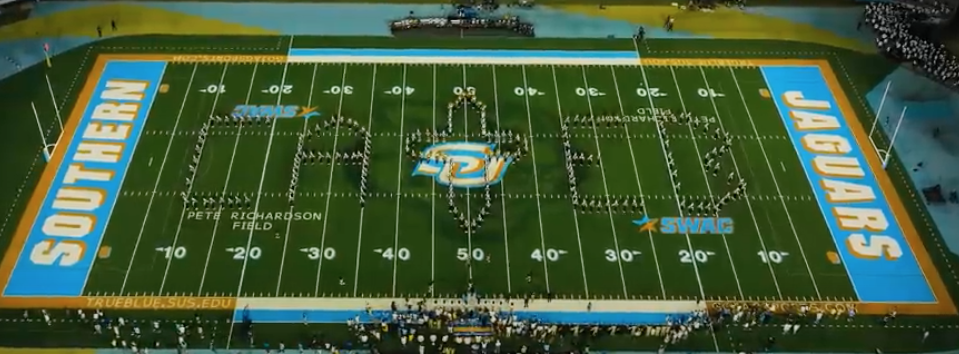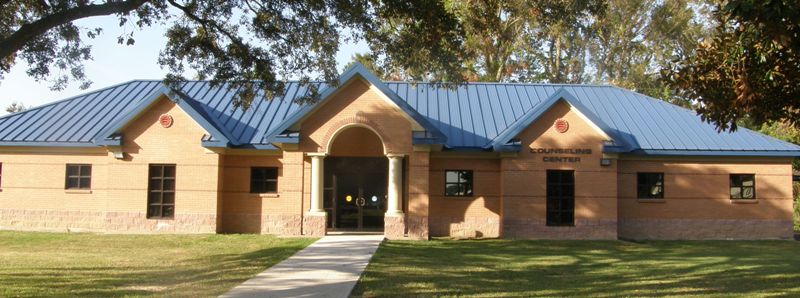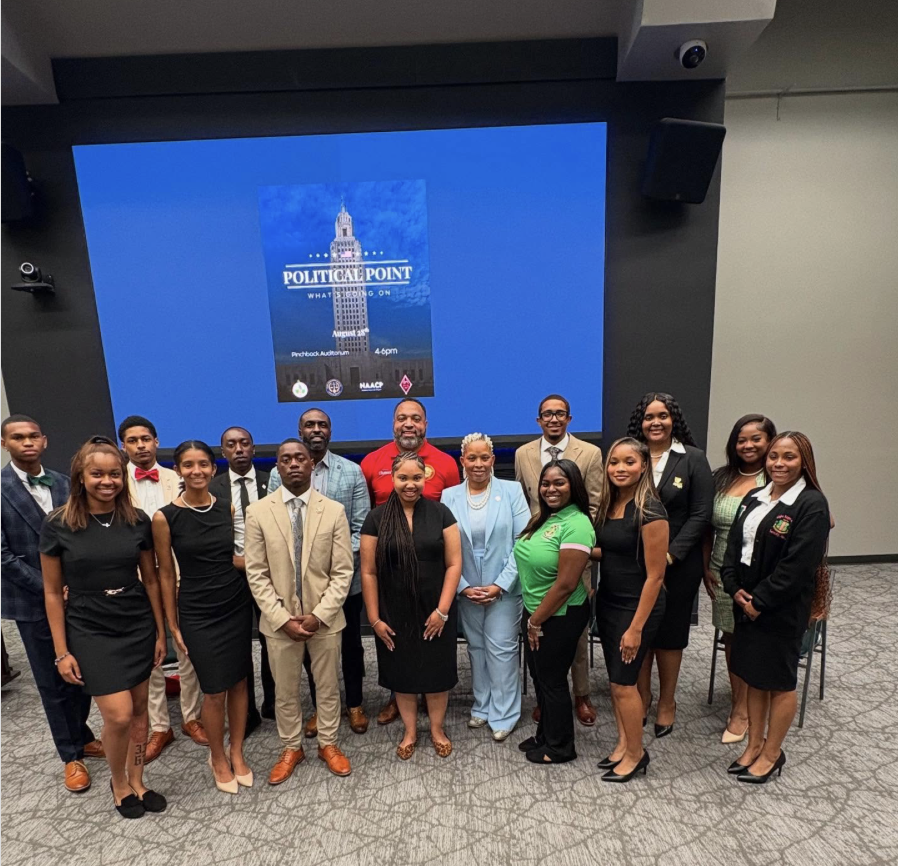After creating administrative review of state strongholds aimed to prevent minorities from voting power, The United States Supreme court is currently facing the reinstatement of Section 5 of the 1965 Voting Rights Act or it’s dismemberment.
Amidst concerns of voter suppression laws being enacted in American states, Civil Rights Acts’ possible revocation of power does not sit well with Southern University faculty and students.
The United States Supreme court is deciding on whether or not to extend the Section 5 of the Voting Rights Act of 1965.
Section five is also referred to as the preclearance requirement in which was initiated to give federal officials a method of halting attempts of minority voting.
Alabama, Alaska, Arizona, Georgia, Louisiana, Mississippi, South Carolina, Texas and Virginia are some states that the law applies to.
Some local jurisdictions in Michigan and New Hampshire as well as some counties in California, Florida, New York, North Carolina, and South Dakota are places
William Arp III, Dean of Nelson Mandela School of Public Policy and Urban Affairs said he doesn’t agree with ending the provision.
“A lot of civil rights organizations are comfortable with it,” Arp said.
He said these type of occurrences happen all around the country.
Albert Samuels, associate professor of political science said the provision is a necessary.
“I think it is necessary because there is still efforts to suppress votes,” Samuels said.
He said in places around the country people still play games.
“Federal oversight makes districts get clearance from department from of justice,” Samuels said.
Samuels said that the same large efforts to scale back black voters are not present, there are still attempts to disenfranchise voters.
“We will make you get a special form of ID needed to vote,” Samuels said.
He was referring to the strict voter ID legislation across the country that were attempted to be passed in states such as Pennsylvania and New York that would require voters to present a state-approved ID.
“If your going to require these things make them easier to get,” Samuels said.
He said many people do not have the proper mobility to get to offices to get needed state approved IDS.
“These are efforts to shave off 1,2,3 % which would be enough to tip scales,” said Samuels.
Arp said the provision keeps the poor protected from people who take advantage of system.
“Given the conservative problem in the United States that the courts should maintain safeguard to protect the weak vulnerable, and the 47%,” Arp said.
Arp recalled when the Voting Rights Act was initially passed.
“Voting rights act was a piece of legislation pushed by President Lyndon B. Johnson,” said Arp.
Deangelo Joseph, a junior, computer science major from Baton Rouge believes the United States still needs the law.
“Its necessary to leave it as it is so they can’t say these amount of people can’t vote,” Joseph said.
He said he believes it should not be cut out at all.
Jordan Gregory, a junior, nursing major from Alexander Louisiana added on to Joseph’s statements.
“I think that is a problem,” Gregory said.
He said no one should be able to stop someone from voting and these restrictions would stop the progress that we have been making as a country.
“It would bring it back to the general old time,” Gregory said.
Although Gregory believes the provision should not be cut out, he has not heard of it currently occurring in the present time much.
“Not so much nowadays because I myself have never experienced it,” Gregory said.
Categories:
Supreme court considers Voting Rights Act of 1965
December 1, 2012
0
More to Discover





